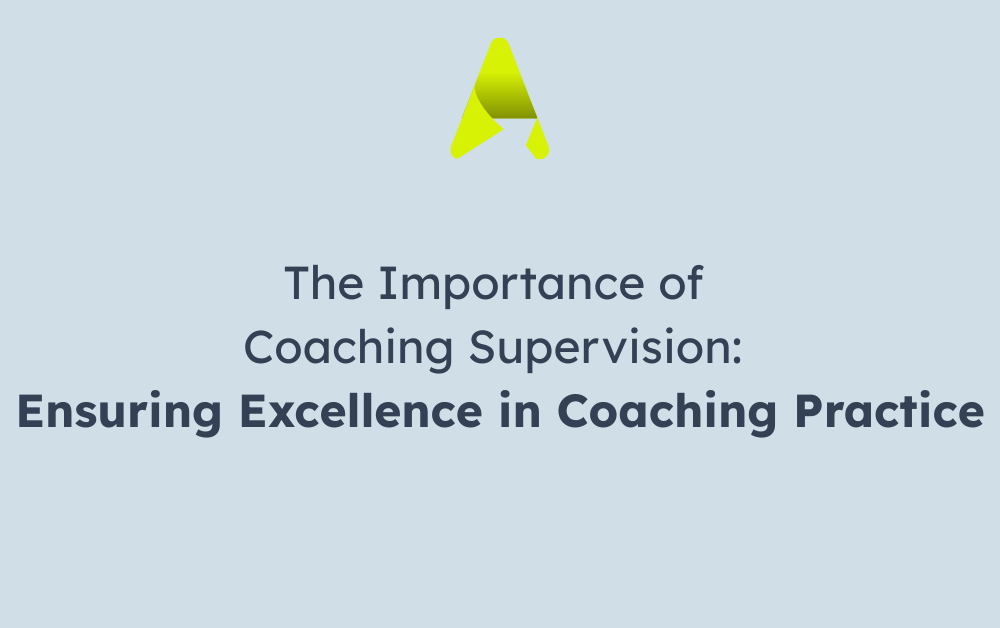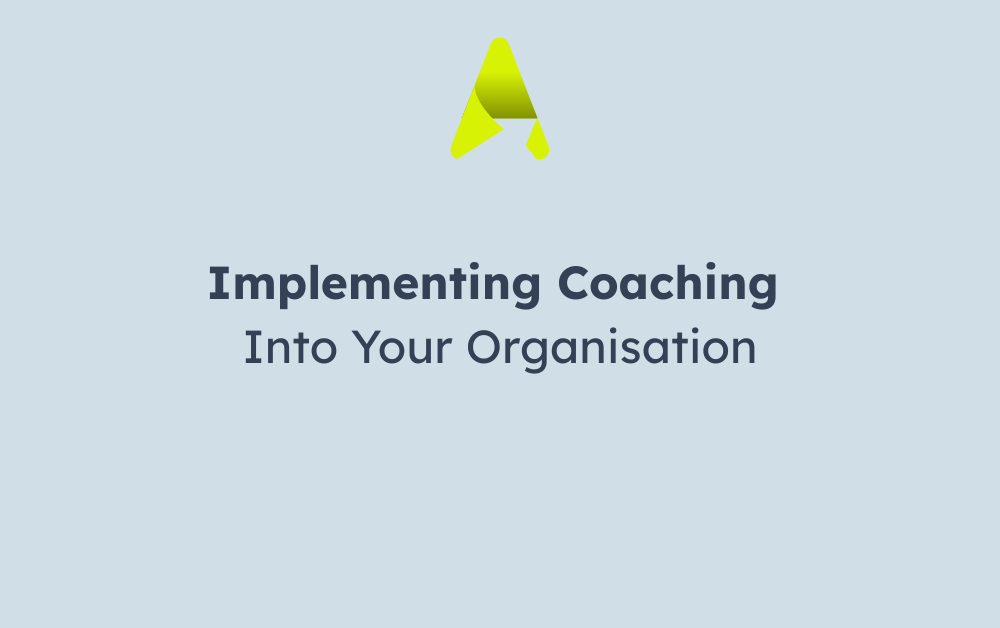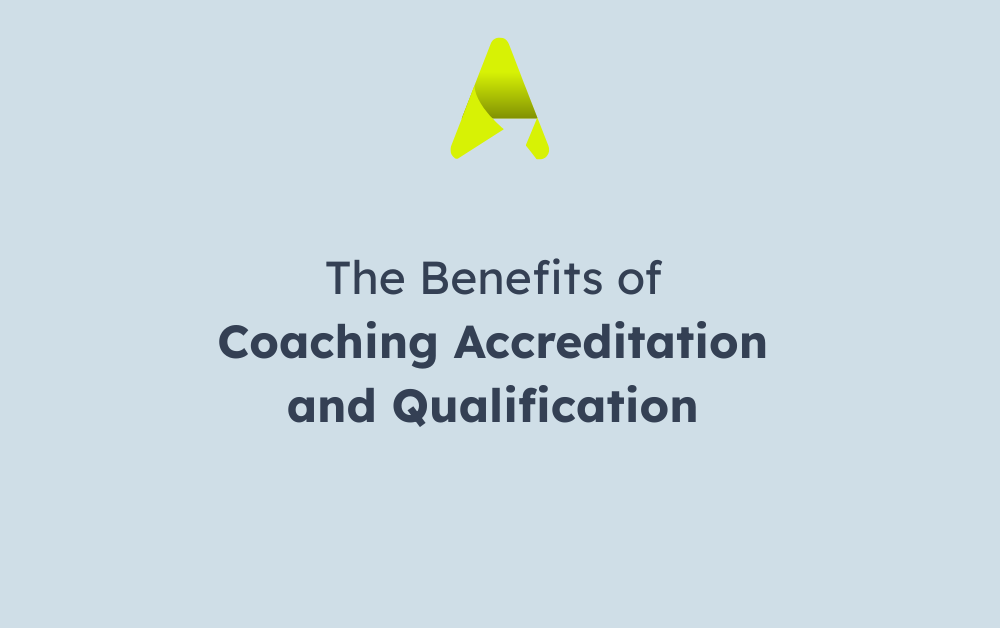Navigating Cross-Board Risks for NEDs
Non-Executive Directors are valued for their experience, networks, and ability to bring outside perspectives into the boardroom. Many hold multiple positions across organisations, often in related sectors, and can offer valuable insights drawn from a broad range of contexts. Yet with this breadth of involvement comes a challenge that is receiving more attention than ever: can a well-connected NED truly be independent?
This question is not about casting doubt on competence or integrity. It is about recognising the subtle ways in which cross-board relationships, shared experiences, and overlapping commitments can influence decision-making.
With heightened governance expectations, NEDs must be able to demonstrate both the reality and the perception of independence. That means acknowledging where influence exists, assessing its potential impact, and taking steps to ensure that judgement remains objective.
Why the Independence Question Matters
Independence is a cornerstone of effective governance. It is what allows NEDs to challenge management, hold executives to account, and protect the interests of shareholders and stakeholders alike. When independence is compromised, even unintentionally, the board’s ability to provide balanced oversight can be weakened.
The issue has become more pressing in recent years because:
- Stakeholder trust is more fragile: Perceived “closed circles” in governance can quickly erode public and investor confidence.
- Regulatory frameworks are evolving: Many governance codes now ask boards to assess independence not just on formal criteria but also on less tangible indicators of influence.
- Interconnectedness is increasing: As companies partner, merge, or operate in complex ecosystems, overlaps between boards are harder to avoid.
The independence question is therefore no longer limited to formal conflict-of-interest declarations. It extends to patterns of interaction, shared networks, and even subconscious bias.
The Influence Spectrum
Influence between NEDs can take many forms. Some of it is positive, such as bringing insights from other boards to enhance governance quality. However, influence becomes a risk when it creates:
- Consensus culture: Where directors avoid challenge because they value harmony with colleagues from other boards.
- Groupthink: Where shared perspectives dominate, reducing diversity of thought.
- Implicit loyalty: Where long-standing relationships cause hesitation in questioning decisions.
The challenge is that these dynamics often develop gradually and without deliberate intent. Influence can be the by-product of familiarity rather than a conscious attempt to sway outcomes.
Where Cross-Board Risks Arise
Certain scenarios are more likely to give rise to independence challenges:
1. Shared Directorships
When two or more NEDs serve together on multiple boards, their shared history may influence how they vote or interact, even if they believe they are being objective.
2. Industry Concentration
A NED with several roles in the same sector may be exposed to commercially sensitive information that could affect discussions in another boardroom.
3. Strategic Partnerships
If one company has a supplier, client, or joint venture relationship with another where the same NED serves, questions of impartiality can arise in procurement or strategy discussions.
4. Regulatory or Policy Overlaps
Serving on boards within the same regulated environment may create pressure to align on industry positions, especially when lobbying or policy engagement is involved.
The Self-Assessment Toolkit for NEDs
Maintaining independence in the face of overlapping connections requires self-awareness. The following framework can help NEDs assess their own position:
- Mapping Connections
List all current board roles, noting any overlaps in sector, suppliers, customers, regulators, or personnel.
- Identifying Relationship Depth
Consider how long and in what contexts you have worked with fellow directors. Deep professional or personal ties may require active safeguards.
- Assessing Information Flow
Be alert to situations where information gained in one role might influence thinking in another, even if not directly disclosed.
- Testing for Perception Risks
Ask: “If this overlap was reported publicly, how would it be interpreted by stakeholders or the media?”
- Scenario Planning
Identify situations where loyalties or influence might be tested and pre-plan how you would manage them.
Role of the Board in Managing Cross-Board Risks
While independence is a personal responsibility, boards have a collective role in managing potential risks:
- Transparent disclosure processes: Require directors to declare all external appointments and relevant connections.
- Regular independence reviews: Go beyond compliance tick-boxes to examine practical independence.
- Board composition planning: Avoid over-concentration of directors from the same sectors or networks.
- Structured debate: Encourage dissent and alternative viewpoints to counteract consensus tendencies.
These steps help create an environment where independence is actively safeguarded, rather than assumed.
Balancing the Value of Connections
It is important to recognise that well-connected NEDs can be highly valuable. Networks can open doors to partnerships, market intelligence, and talent. The key is ensuring that these benefits do not come at the expense of objective judgement.
Boards should see independence and influence not as mutually exclusive, but as factors to balance. A NED can leverage connections while still being an independent thinker, provided that influence is acknowledged and consciously managed.
Questions Every NED Should Be Ready to Answer
In light of growing scrutiny, NEDs should be prepared to address questions such as:
Being ready with clear, credible answers demonstrates both awareness and accountability.
Independence as a Practice, Not a Status
Independence is not a fixed attribute granted by appointment. It is a practice that must be maintained, tested, and evidenced over time. For NEDs with extensive networks and multiple board roles, this means constant self-assessment and a willingness to confront potential influence before it compromises judgement.
In the modern governance environment, the question is not whether connections exist, but how they are managed. The most respected NEDs will be those who can combine the advantages of experience and access with the discipline to remain, and be seen as, truly independent.
Browse all of our NED microcourses here, keep ahead of the curve and industry trends from just £30 per course.
Take your board career to the next level with our Non Executive Director ILM Level 7 Award, it’s an internationally recognised training designed to build confident, capable, and impactful NEDS.
Interested in learning what Actuate can do for you?
Schedule your discovery chat with us!



